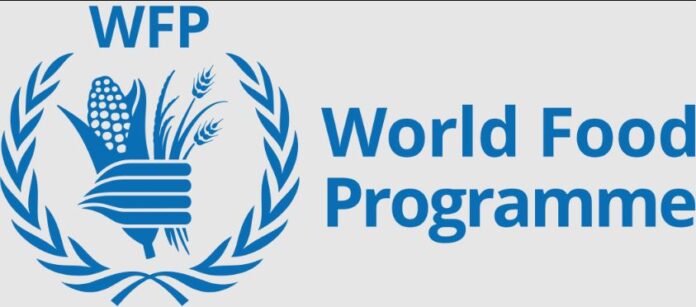Kenya has been admitted to the Executive Board of the World Food Programme. Agriculture and Livestock Development Cabinet Secretary Mithika Linturi confirmed the report and said the country’s admission is for a period of three years starting in January 2023.
The Executive Board is WFP’s supreme governing body. Comprising 36 States Members of the United Nations or Member Nations of the Food and Agriculture Organization of the United Nations (FAO), the Board provides intergovernmental support, policy direction and supervision of the activities of WFP.
Food insecurity
“As we welcome this nomination, we reaffirm our commitment to work together with the international community to end hunger, achieve food security and improved nutrition by 2030. WFP has been a valued partner to Kenya and this nomination comes at a time when our country and the rest of the world is facing challenging times to the agrifood systems among them climate change which has exposed millions of people, especially small-scale farmers, low-income households, indigenous peoples, women and youth in developing countries, to acute food and water insecurity,” said CS Linturi.
Lusaka has also welcomed Kenya’s nomination to join the WFP top organ adding that county governments will join hands with the national government to ensure the country benefits from the WFP post.
According to the most recent analysis, from July to September 2022 (lean season), about 3.5 million people (24% of the ASAL population) are facing high levels of acute food insecurity – IPC Phase 3 or above, with about 2.7 million people in IPC Phase 3 (Crisis) and 785,000 people in IPC Phase 4 (Emergency). This is a 10% increase from the same period in 2021 where 2.1 million people were categorized in IPC Phase 3 and IPC Phase 4.
The food insecurity is primarily driven by a combination of shocks, including a fourth successive below average rainy season which was poorly distributed in space and short-lived which resulted in below average crop production to near crop failure and poor livestock production; localised resource-based conflict; and high food prices as a result of the war in Ukraine and low in-country production. The most affected counties, representing 40% of the total country population in IPC Phase 3 or above are: Isiolo (50%), Turkana (50%), Garissa (45%), Mandera (45%), Marsabit (45%), Samburu (45%), Wajir (45%) and Baringo (40%). These are predominantly pastoral livelihoods.









